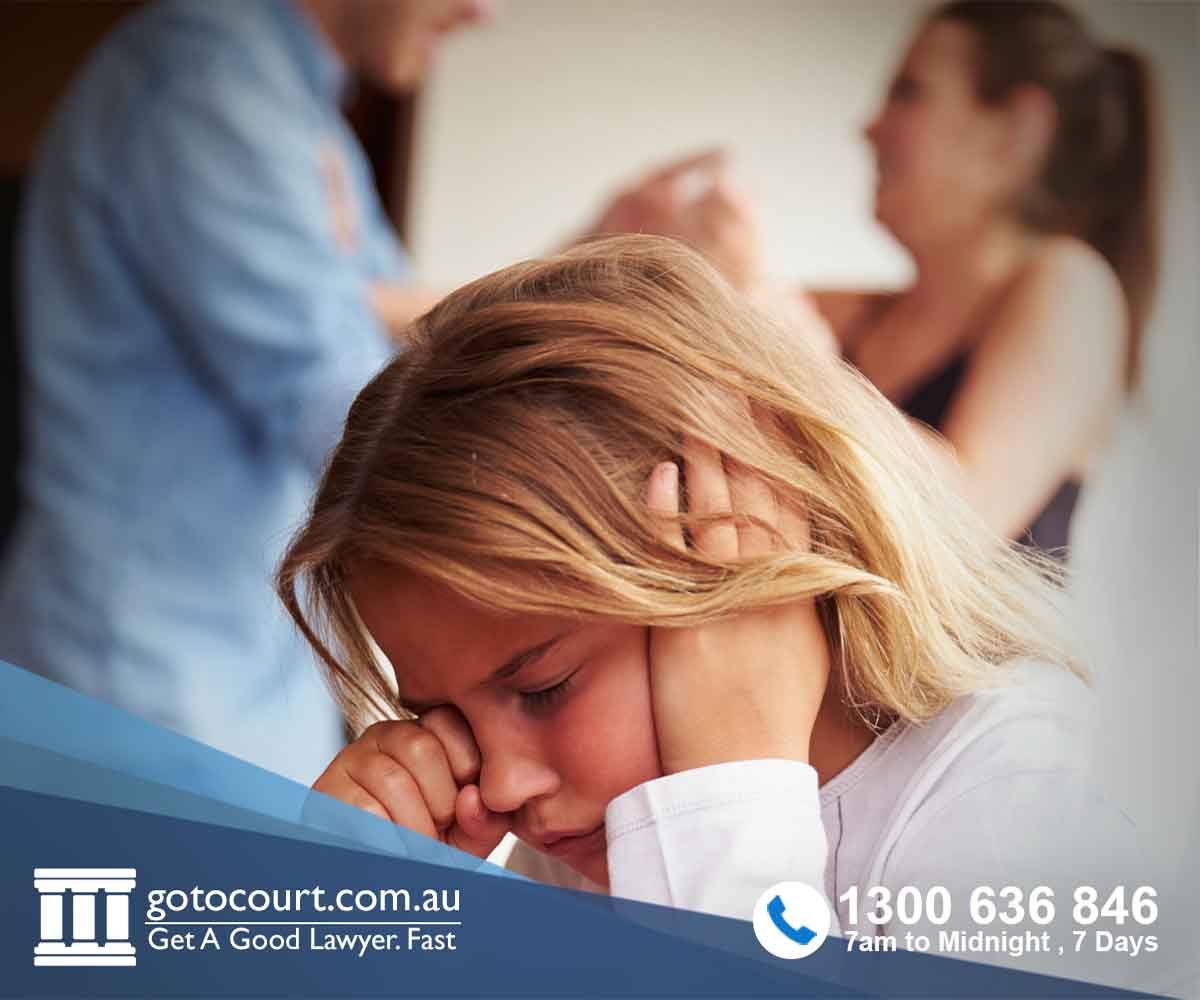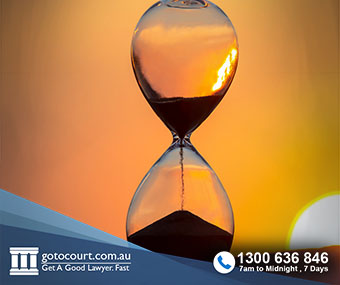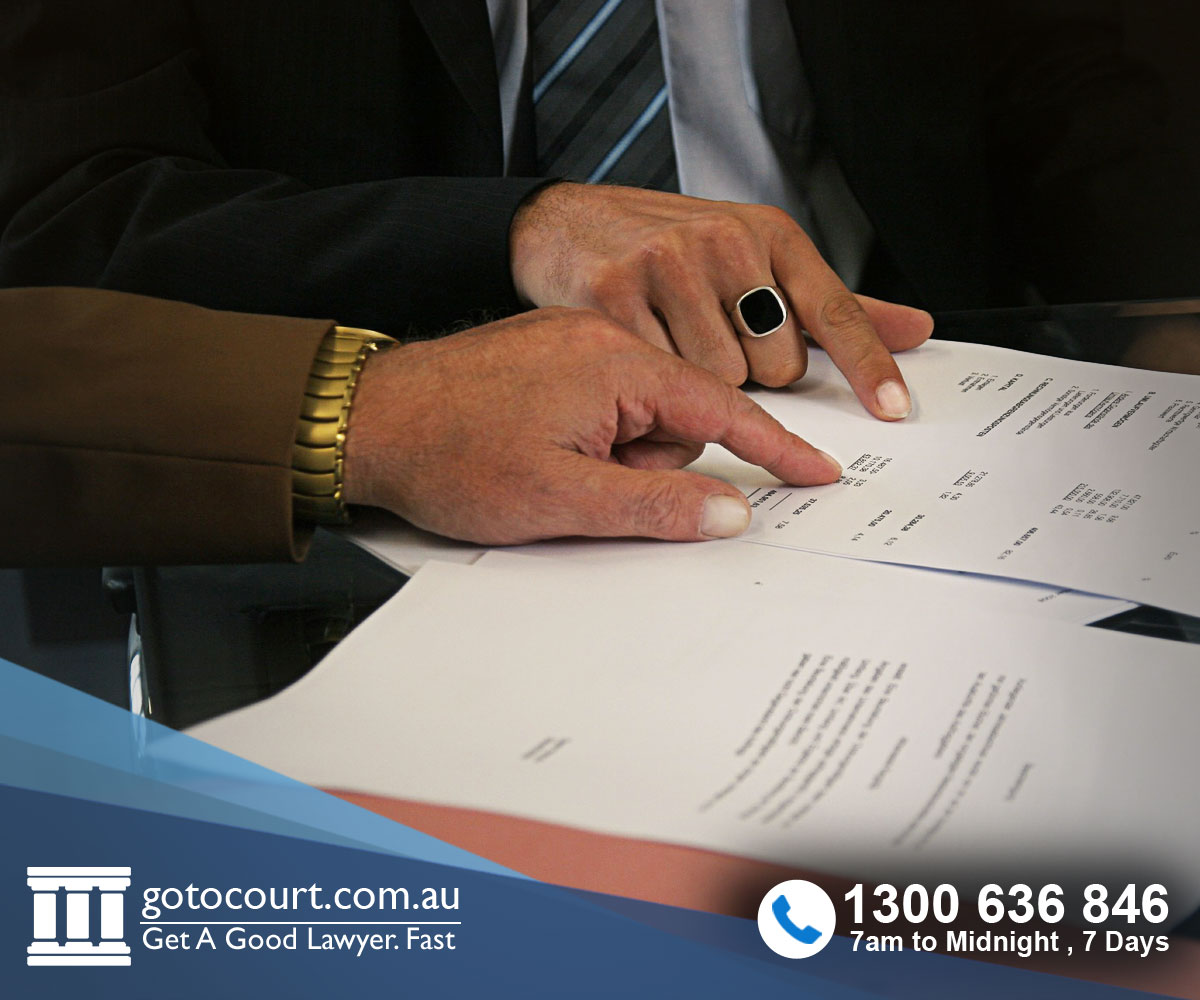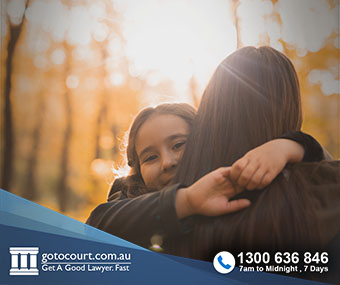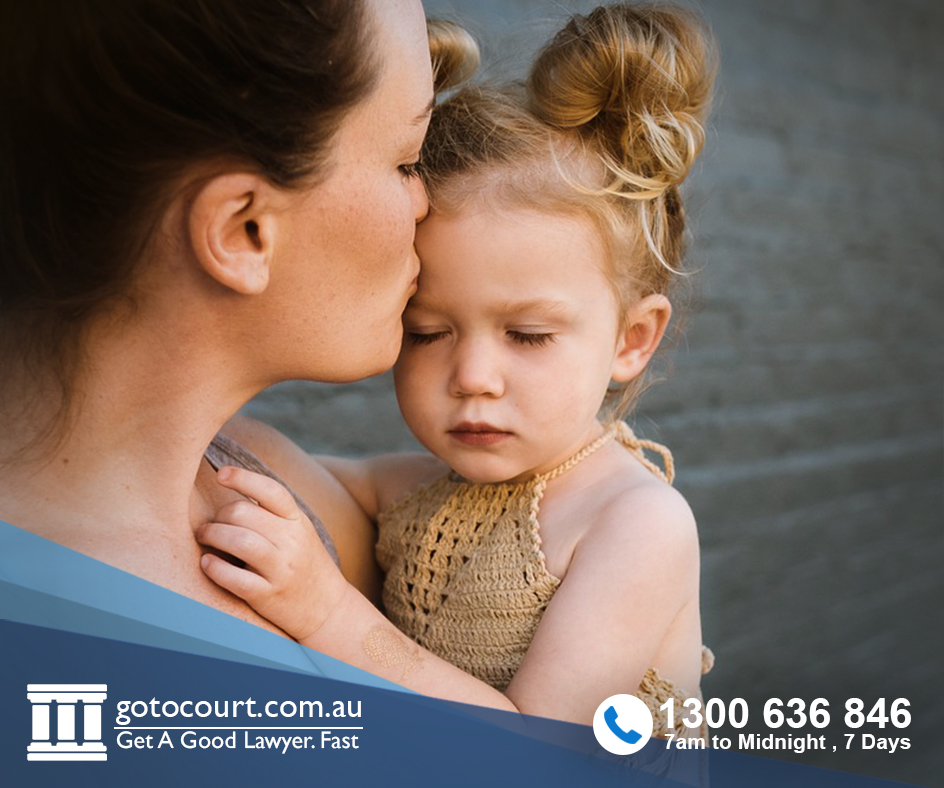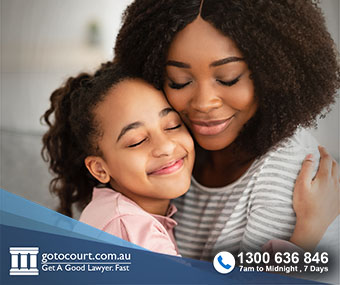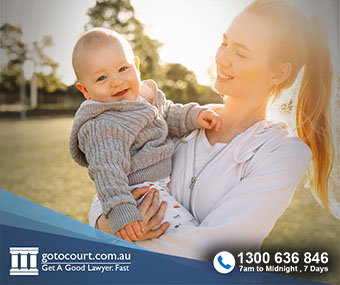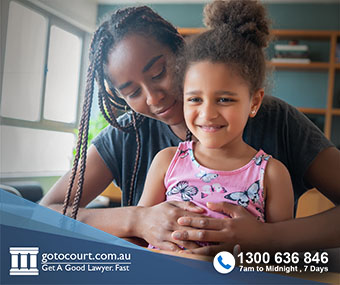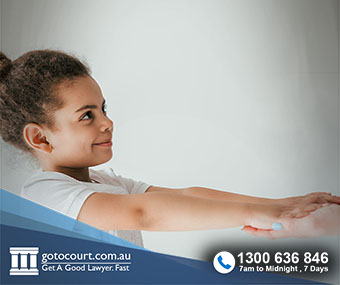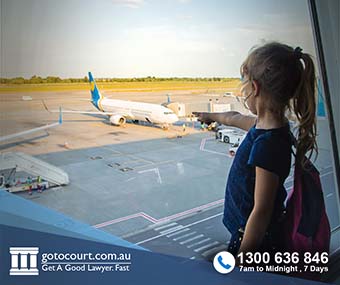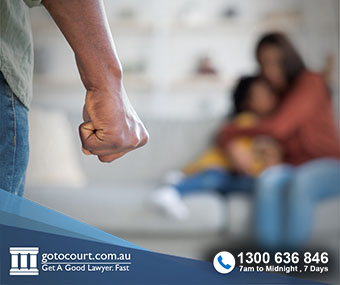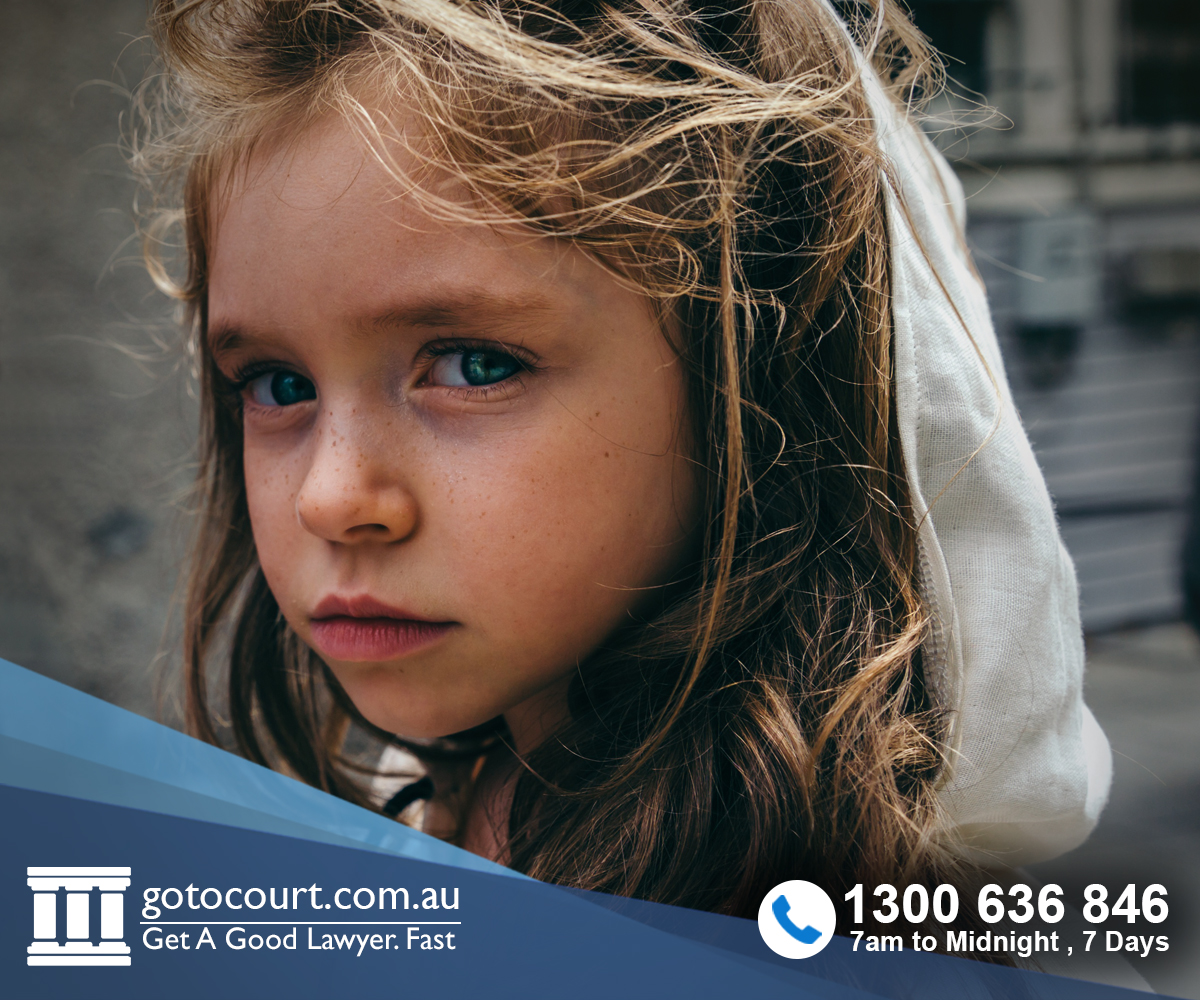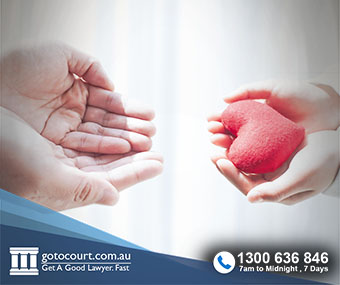Call our lawyers
now
or,
have our lawyers
call you
Final Parenting Orders – The Rule in Rice v Asplund (1979)
Updated on Dec 13, 2022 • 4 min read • 727 views • Copy Link
Final Parenting Orders – The Rule in Rice v Asplund (1979)
What are final Parenting Orders?
Final Parenting Orders are Family Law Orders that detail the parenting arrangements for a child or children, which remain in force until the child turns 18. Final Orders can be made by a judge after hearing evidence and submissions by the parties, or by consent if all parties are in agreement (Consent Orders).
Can final Parenting Orders be varied?
Final Parenting Orders can be varied by a Court in appropriate circumstances. A party who wishes to vary existing final orders must bring an Initiating Application before the Court seeking the variation. The court will only consider varying the orders if it is satisfied that the test outlined in the 1979 decision of Rice v Asplund has been met.
Rice v Asplund (1979)
Rice v Asplund dealt with the living arrangements for the parties’ three-year-old daughter. The Court had previously made Orders for the child to live with the father. Around nine months after the original Order was made, the mother brought an Application to vary the Order. The mother’s Application sought Orders that the daughter live with her and spend time with the father. The mother’s Application was ultimately successful.
The mother brought the Application as there had been significant changes in her circumstances following the making of the Final Orders. These changes meant that the Orders made the previous year no longer reflected the best interests of the child. Therefore the Court agreed to vary the Orders in accordance with the mother’s Application.
The Rule
In Rice v Asplund, the Full Court of the Family Court decided that before it would review Final Orders in relation to Parenting matters, it would first need to be satisfied that there had been a significant change in circumstances since the making of the Final Orders. This is now commonly referred to as the rule in Rice v Asplund.
Chief Justice Evatt made comment that the Court: “…should not lightly entertain an application … To do so would be to invite endless litigation for change is an ever present factor in human affairs … there must be evidence of a significant change in circumstances.”
The purpose of the rule in Rice v Aspland is to protect children from being exposed to the ongoing litigation.
What constitutes a significant change of circumstances?
In deciding whether there has been a significant change of circumstances, the Court will consider the changes in circumstance together with the facts of each matter.
As highlighted by Chief Justice Evatt, change alone will not be enough for the Court to accept such an Application. The changes would likely need to be of a serious nature to warrant a variation. Whilst there are no specific circumstantial changes that automatically satisfy the rule, there are a number of situations where parties may have a higher chance of success in satisfying the rule.
Examples of these are as follows:
- A party is seeking to relocate with the child or children;
- The current Orders were made without all the relevant information having been made available to the Court prior to the making of those Orders;
- The parties have since consented to new parenting arrangements (e.g. entered into a Parenting Plan) and therefore, the current Orders are no longer reflective of the actual arrangements for the child or children;
- A substantial period of time has elapsed between the Final Orders being made and the Application being brought;
- One or more of the parties has re-partnered or remarried;
- There has been abuse of the child or children; or
- A party to the proceedings or the child or children are of ill-health.
What does this mean for parties seeking a variation to Final Parenting Orders?
A person intending to apply for a variation to final Parenting Orders should first consider the rule in Rice v Asplund. He or she should also attempt to resolve the situation through Family Dispute Resolution Conferencing prior to filing an Initiating Application. The court requires parties to have attempted Family Dispute Resolution conferencing prior to accepting an Application, unless there are exceptional circumstances.
The Court is reluctant to vary final Parenting Orders. Even if there has been a significant change in circumstances and the rule in Rice v Asplund has been satisfied, it will not necessarily agree to a variation. The Court will first need to carefully consider what is in the best interests of the child. It will then decide whether a variation is desirable.

Affordable Lawyers
Our Go To Court Lawyers will assist you in all areas of law. We specialise in providing legal advice urgently – at the time when you need it most. If you need a lawyer right now, today, we can help you – no matter where you are in Australia.How It Works







1. You speak directly to a lawyer
When you call the Go To Court Legal Hotline, you will be connected directly to a lawyer, every time.


2. Get your legal situation assessed
We determine the best way forward in your legal matter, free of charge. If you want to go ahead and book a face-to-face appointment, we will connect you with a specialist in your local area.


3. We arrange everything as needed
If you want to go ahead and book a fact-to-face appointment, we will connect you with a specialist in your local area no matter where you are and even at very short notice.


